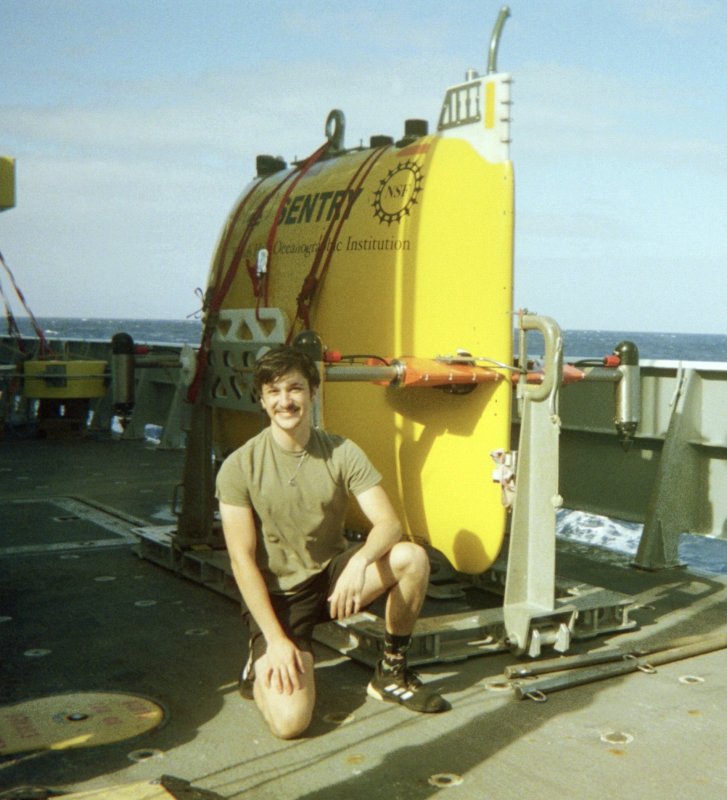Recent Western Graduate Dexter Davis Receives an NSF Graduate Research Fellowship for 2023
Western environmental science alumnus Dexter Davis from Seattle was recently announced as a winner of a 2023 Graduate Research Fellowships Program (GRFP) scholarship from the National Science Foundation.
The GRFP is a five-year fellowship with three years of financial support. This round of fellows was granted a $37,000 stipend for each of those three years and a $12,000 cost of education allowance in lieu of tuition or other mandatory student fees.
The purpose of the fellowship is to ensure the quality, vitality, and diversity of the scientific and engineering workforce of the United States. A GRFP recognizes and supports outstanding graduate students who have demonstrated the potential to be high-achieving scientists and engineers early in their careers.
Davis graduated from WWU in June 2021, with a major in environmental science and a minor in mathematics. He has since been working as a research technologist and an NSF geoscience research experience scholar at Western's Arellano Larval Lab.
"He was really invaluable in the lab. He is so organized and helpful to have," said Shawn Arellano, who worked with Davis as a professor and mentor. "It was quite clear he wasn't satisfied with just technician work, and he wanted to be doing research."
Davis plans to do just that. He will use the research stipend while pursuing his master's degree at Oregon State University starting in the fall.
"I'm hoping to continue to work on a current project studying a young methane seep on the sea floor in Antarctica. I want to continue studying the bizarre and hostile environments in the ocean, and I hope to run my own laboratory one day and spearhead my own research," said Davis.
Davis' first research experience came after winning a prestigious National Oceanic and Atmospheric Administration (NOAA) Ernest F. Hollings Undergraduate Scholarship. Due to COVID, Davis interned remotely during the 2020 summer, for the James J Howard Marine Sciences Laboratory in Sandy Hook, New Jersey.
"I was enthralled by the potential to explore a quickly advancing field, full of opportunity and future research questions," said Davis in his personal statement for the GRFP application.
Davis said he is fascinated by the wide diversity of deep-sea habitats, the adaptations necessary to survive these hostile environments, and the remarkable technology and techniques humans utilize to collect data from these areas.
"Shawn Arellano has been the most pivotal in this by supporting me as a student, employee, and early scientist; consistently pushing me to apply myself, finding opportunities, and celebrating my achievements," said Davis.
To learn more about the National Science Foundation's Graduate Research Fellowships, visit nsfgrfp.org.
